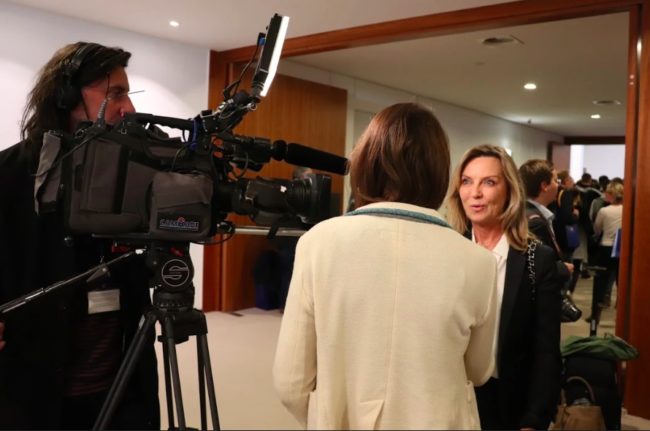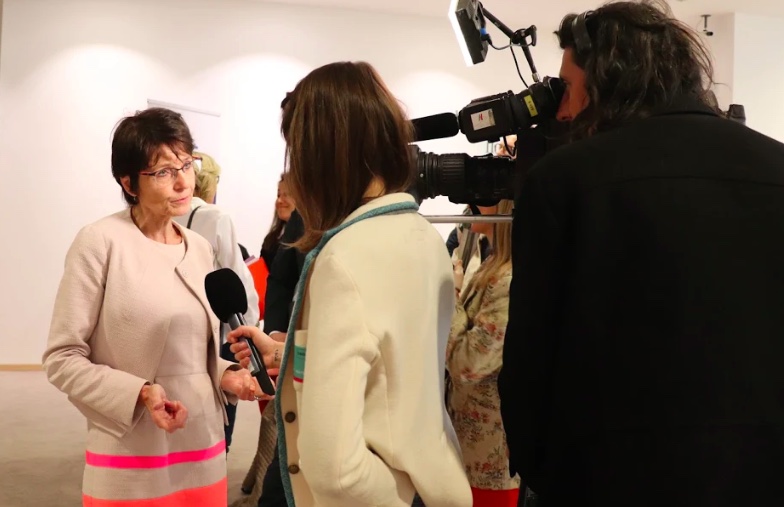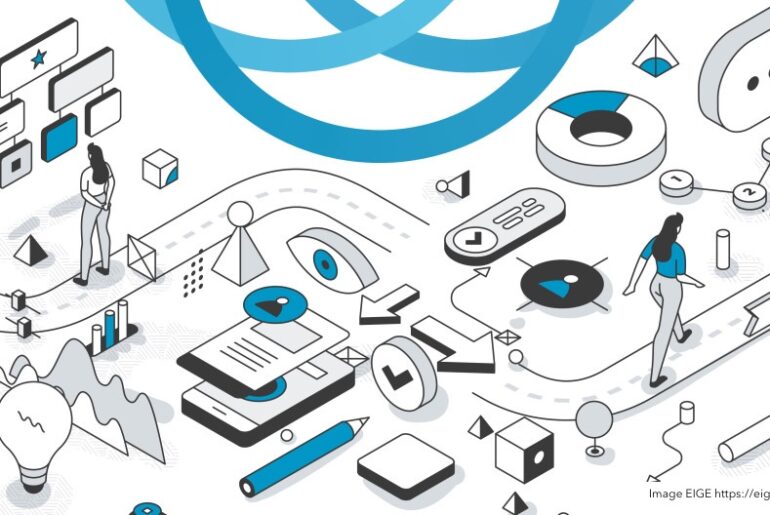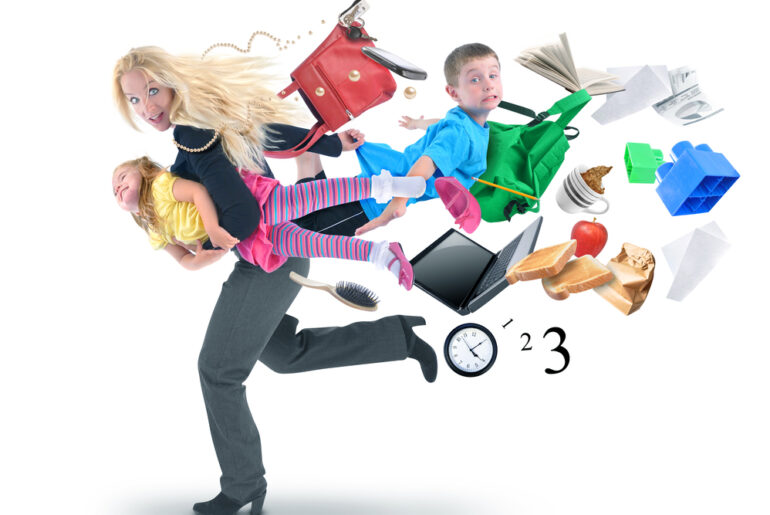#MothersMatterforEU
20.05.19
European Union, Brussels - in the lead up to the recent EU elections, our EU delegation went behind the scenes at the heart of decision making - the EU Parliament - to get reactions from MEPs about what really matters to mothers and families in the future Europe.

It was a day of celebration when the European Parliament adopted, with a vast majority, the Work-life Balance Directive after 4 years of hard work and negotiations. MMM, together with an alliance of NGOs, has long advocated and pushed forward the adoption of these social changes, that will allow families in Europe to better reconcile work and family life.
<
Our camera crew was given access on the day, to record the jubilation of many MEPs but particularly, David Casa MEP Group of the European People’s Party, Malta, Rapporteur for the Work-Life Balance Directive and lead negotiator on the issue:
“Today is a great day for all European families…not only for parents, but also for those who care for their relatives. What we have agreed upon will not only translate into a better quality of life for our citizens, but will also increase productivity and help reduce the gender pay and pension gap”.
Our EU team was ever-present in the Parliament grabbing soundbites from many MEPs on key issues that matter to mothers and families in Europe.
From fighting against discrimination… to the ability to stay with newborns. From demanding better-organized childcare facilities… to following the WHO guidelines on maternity leave.
 MMM spoke to Marianne Thyssen, European Commissioner for Employment, Social Affairs, Skills and Labour Mobility (picture above). She had this to say: “What we did with this directive is to change the culture… to discuss this between men and women. And to share better the professional work outside the house and also caring tasks.”
MMM spoke to Marianne Thyssen, European Commissioner for Employment, Social Affairs, Skills and Labour Mobility (picture above). She had this to say: “What we did with this directive is to change the culture… to discuss this between men and women. And to share better the professional work outside the house and also caring tasks.”
Maria Arena, MEP Group of the Progressive Alliance of Socialists and Democrats, Belgium told MMM: “The first fight we need to undertake is the fight against women’s discrimination with regard to employment. There is a European Directive against discrimination, but we need to verify that the Member states apply it.”
Rosa Estaras, MEP Group of the European People’s Party, Spain talked of the need for “flexible hours, support to caregivers – which in the majority are women, day care centres, residential facilities and support for independent living for disability.”
Tania González Peñas, MEP Group of the European United Left-Nordic Green Left, Spain, underlined the importance of the new WLB directive in that it “establishes a paternity leave paid at sick level, which did not exist before in many Member states.”
And Elizabeth Morin Chartier, MEP group of the European People’s Party France, called for “continuing the construction of a social Europe which allows us to bring Europe closer to its citizens – each one of them.”
At MMM we know what matters to mothers and families, and we will continue to highlight these concerns and to ask European MEPs to advocate on our behalf.
Time Poverty and the Motherhood Penalty
Unveiling Economic and Social Injustices
09.07.24
Mothers play an essential role in families by ensuring their loved ones are nourished, educated, and healthy, but their unpaid care work often leads to economic and social injustices, known
Envisioning care as a common thread to global crises
29.07.24
UN New York - Our virtual HLPF side-event brought together experts to shed light on how the various global crises we face (in particular climate change and other environmental crises,
We call for multi-stakeholder approach to recognise and support unpaid care work
21.07.24
UN New York - Participating in the meeting of the UN Economic and Social Council (ECOSOC) on care and support systems, MMM reaffirmed the principle of co-responsibility, which should underpin








